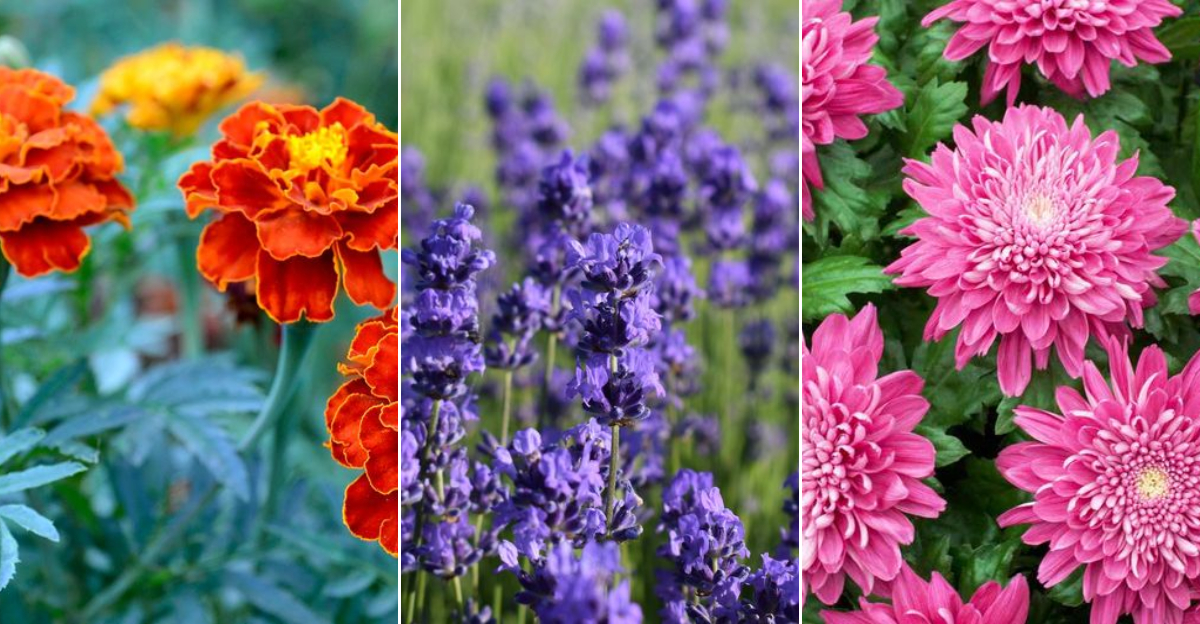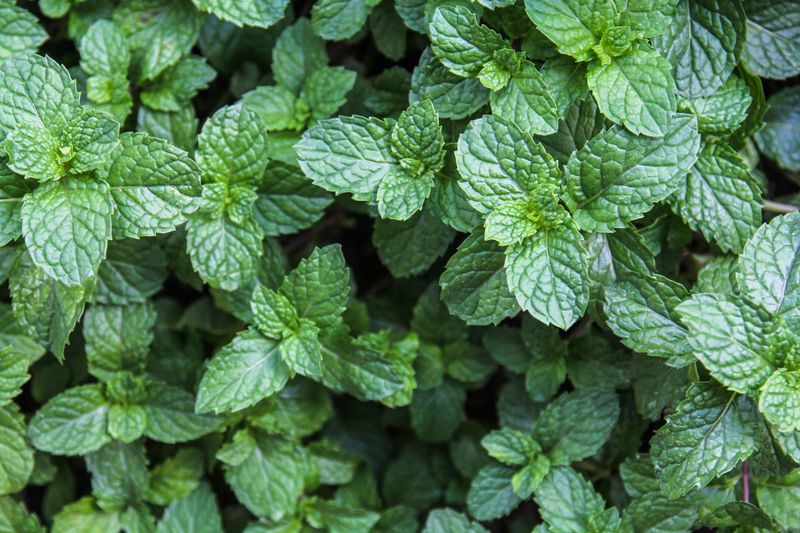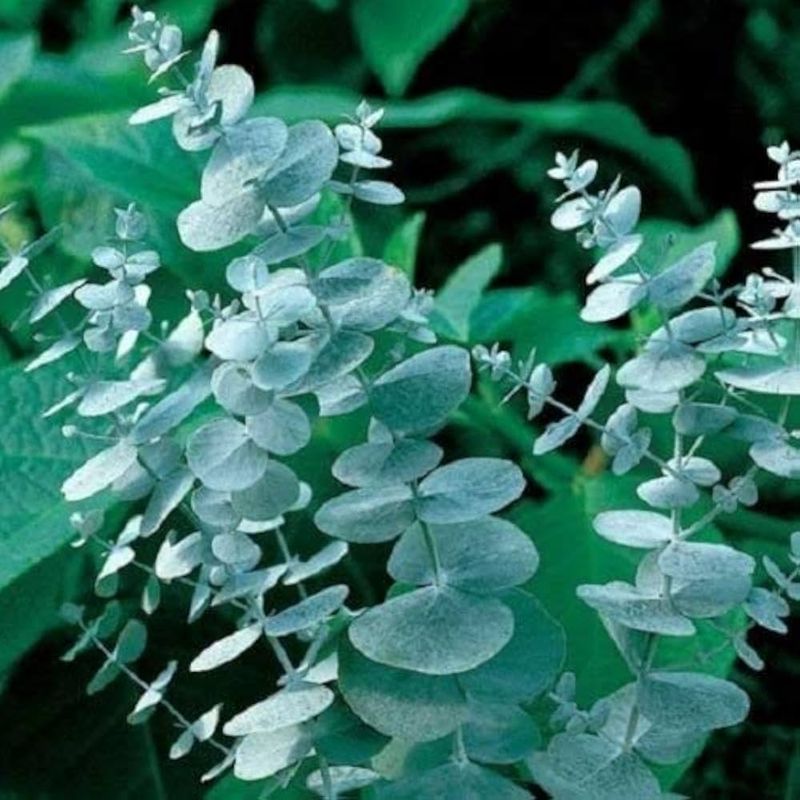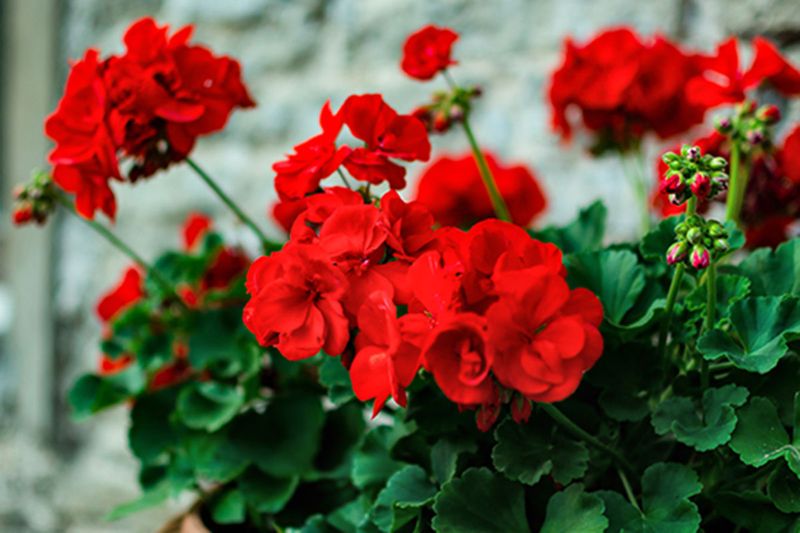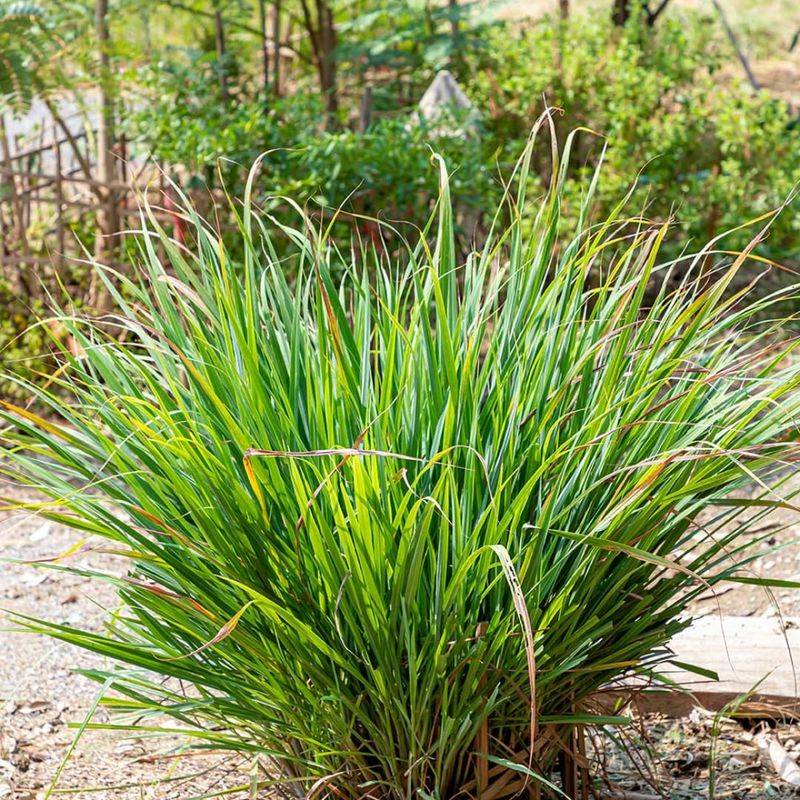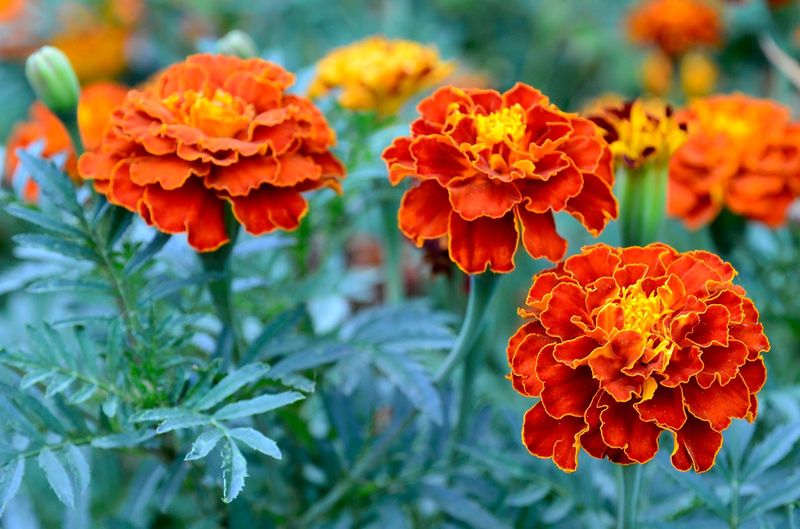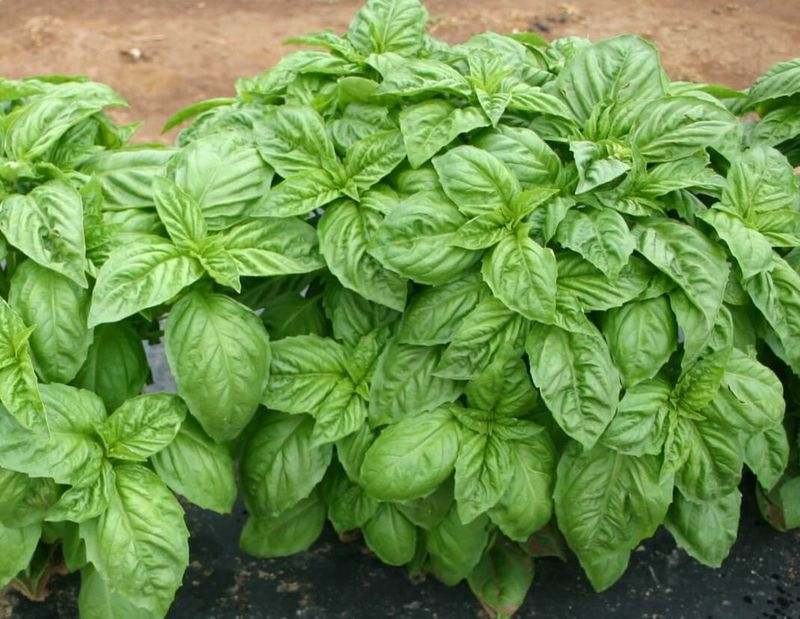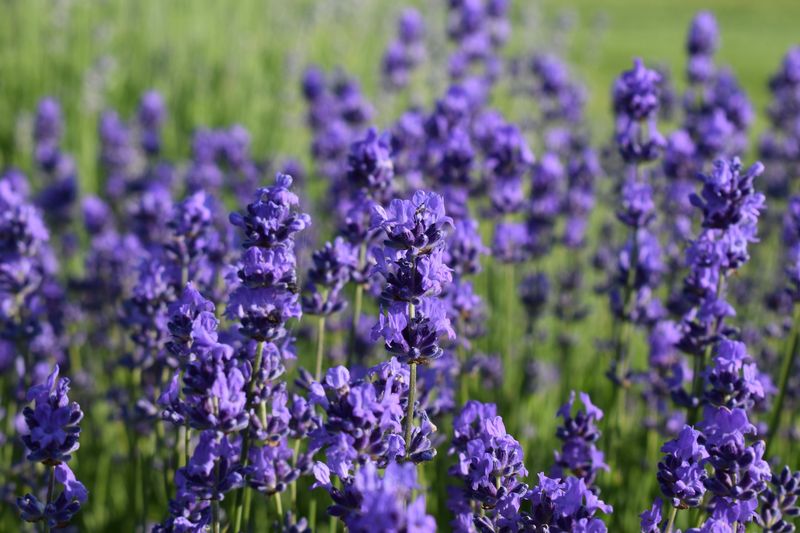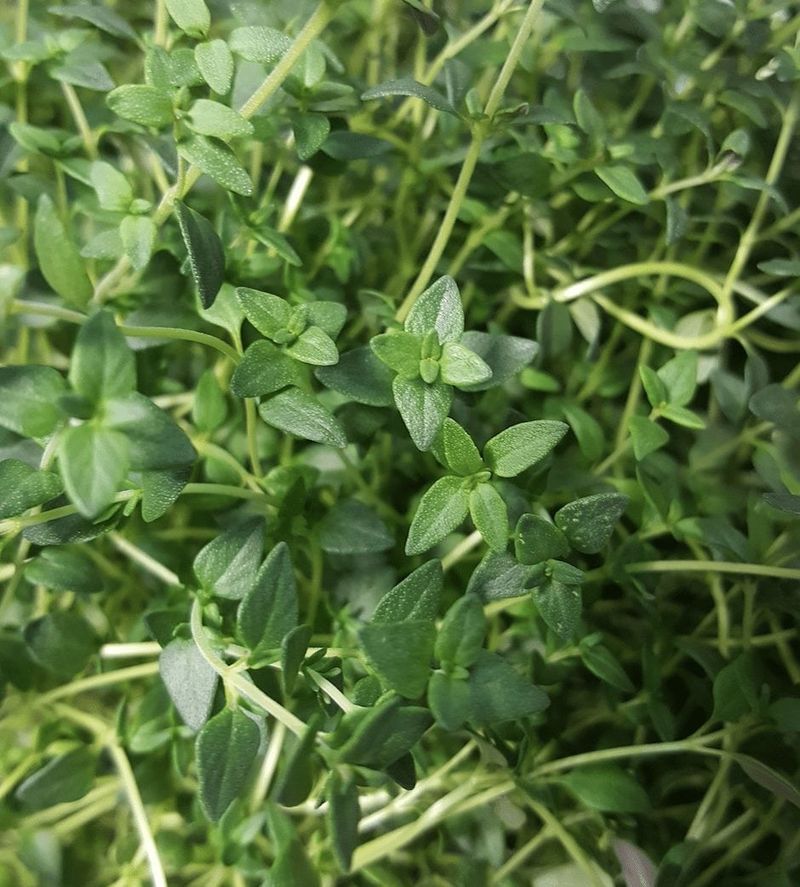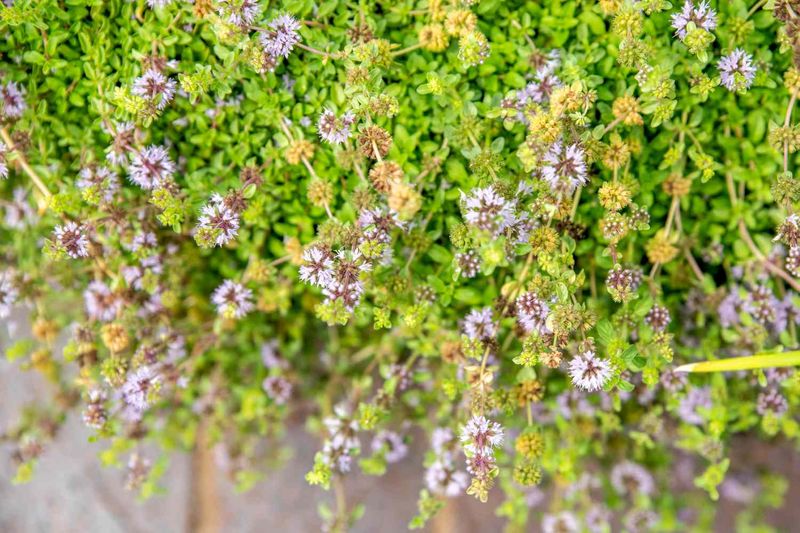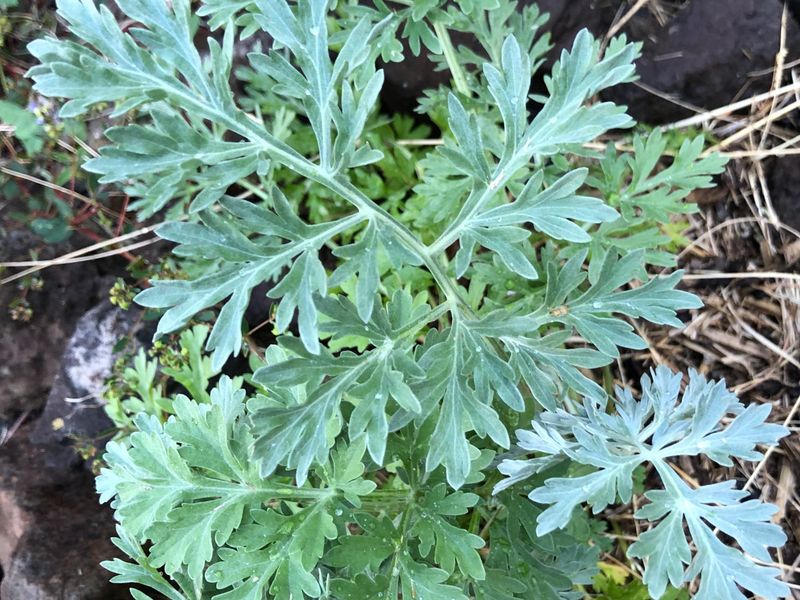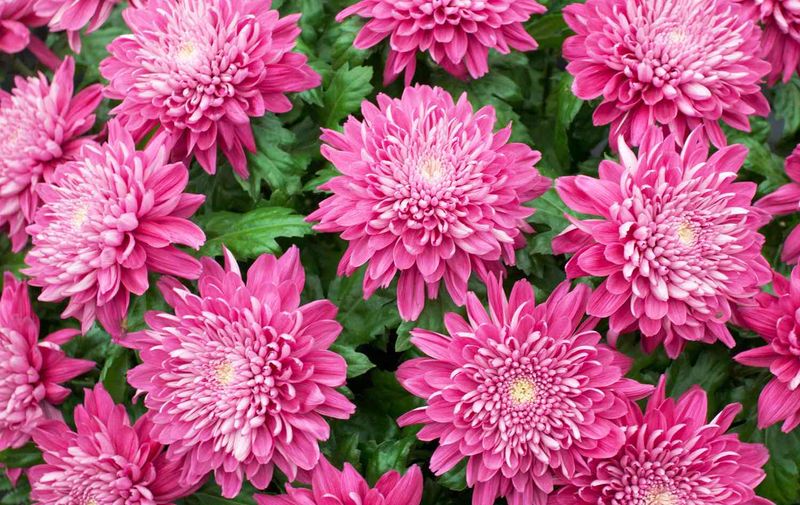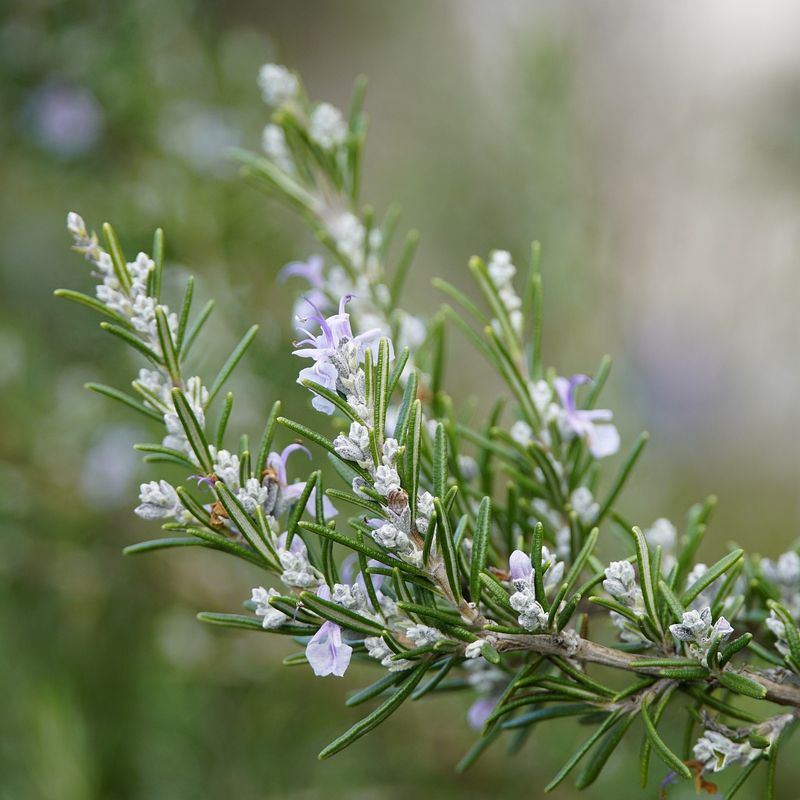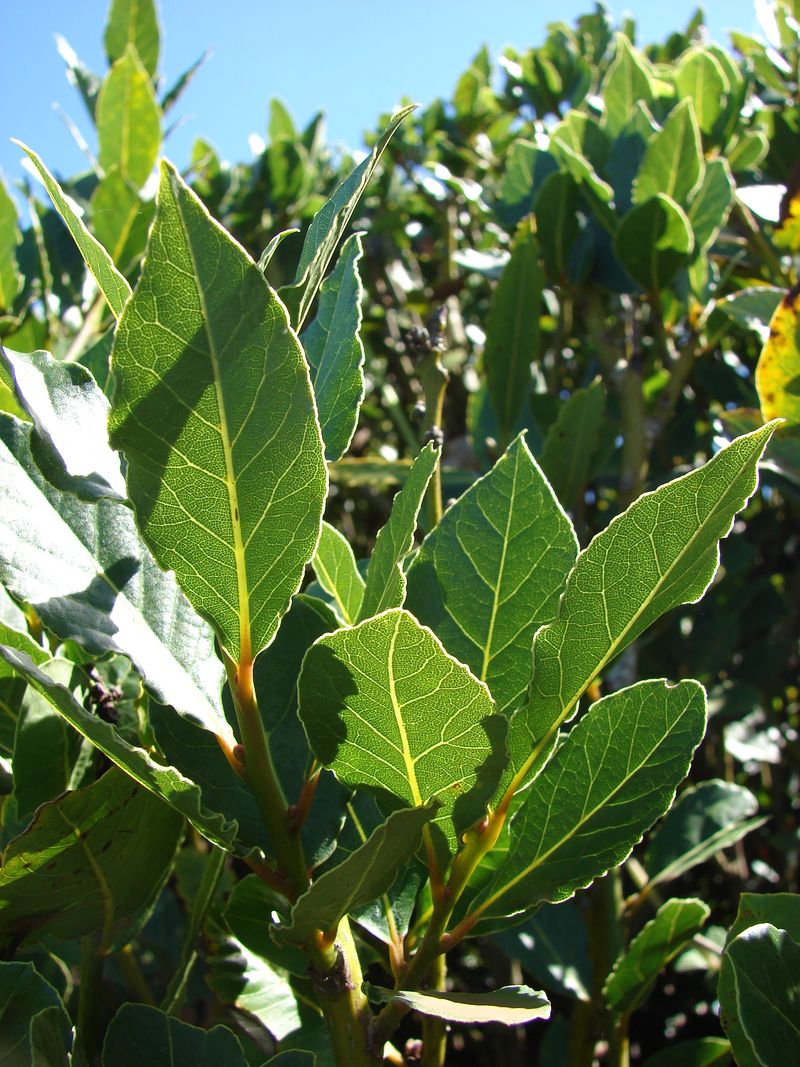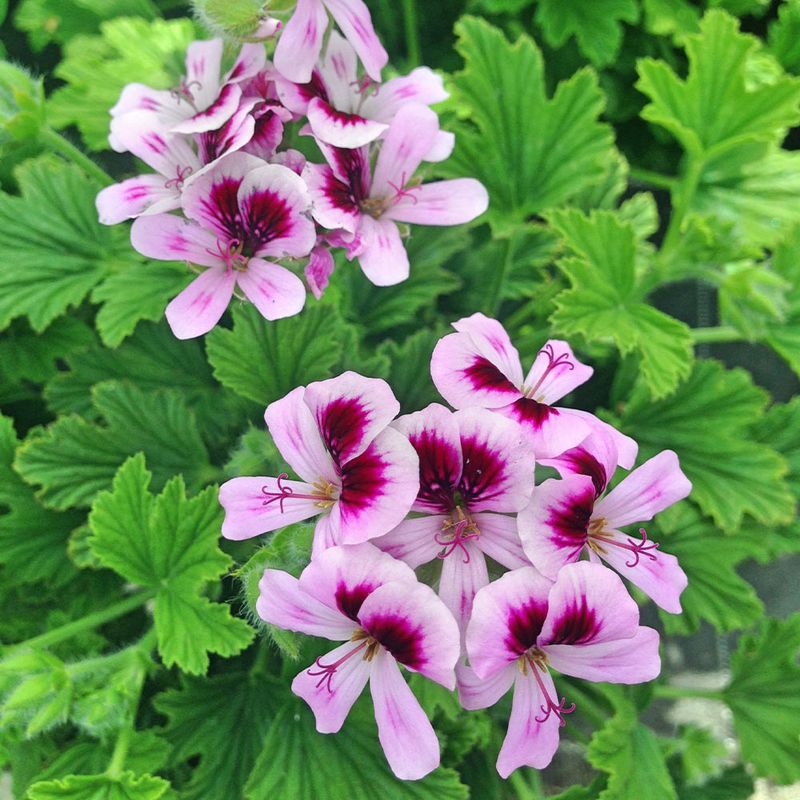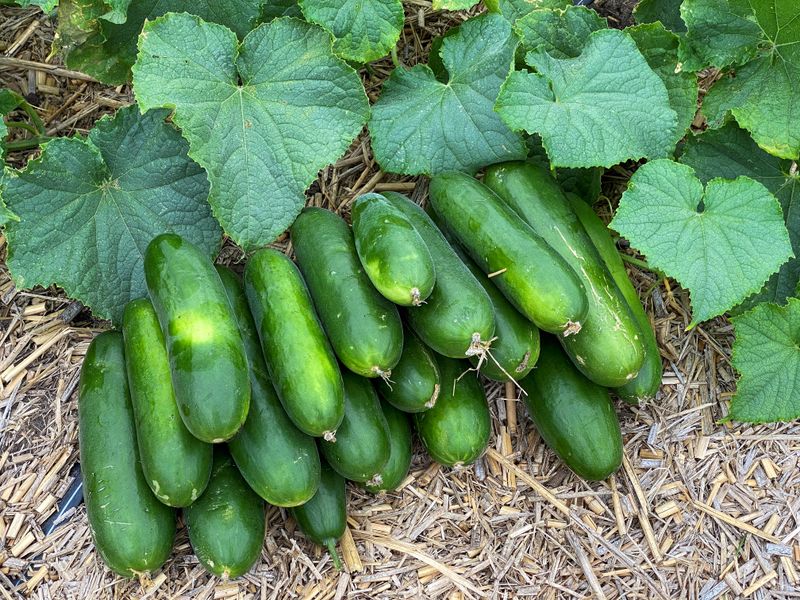Wasps can be a real nuisance around your home and garden, but nature has provided a solution: certain plants have the ability to keep these pesky insects at bay.
Not only do these plants help in driving wasps away, but they also add beauty and fragrance to your surroundings. In this blog post, we’ll explore 15 amazing plants that can naturally deter wasps, allowing you to enjoy your outdoor space in peace.
1. Mint
Mint is a versatile herb known for its cooling scent and ability to repel wasps. Plant it in containers to prevent it from spreading uncontrollably. The strong, fresh aroma of mint is unpleasant to wasps, making it a natural deterrent.
It’s not only functional but also adds a refreshing touch to your garden. You can plant it near outdoor seating areas for maximum effect.
Consider using mint leaves in cooking or for making tea, adding to its value. Enjoy a wasp-free zone while savoring the culinary benefits of mint.
2. Eucalyptus
Eucalyptus trees are celebrated for their aromatic leaves and natural insect-repelling properties. Their essential oils are particularly effective against wasps. Planting eucalyptus in your garden can create a barrier that deters these insects.
The refreshing scent is also known to promote relaxation, adding to its appeal. It requires well-drained soil and plenty of sunlight to thrive. Pruning regularly will maintain its size and health.
Enjoy the dual benefits of a wasp-free environment and the calming fragrance of eucalyptus year-round.
3. Geraniums
Geraniums are vibrant flowering plants that not only beautify your space but also act as a natural wasp repellent. The strong scent of their leaves keeps wasps at bay, making them perfect for garden borders or patio pots.
With a wide array of colors, they add visual interest while serving a functional purpose. Geraniums thrive in sunny locations and require regular watering.
Consider placing them near entrances to deter wasps from entering. Their dual functionality ensures a pleasant, insect-free outdoor experience.
4. Lemongrass
Lemongrass is well-known for its citrus scent, which effectively keeps wasps away. This tropical plant can be grown in containers or directly in the ground. Its tall, graceful stalks add an aesthetic appeal to gardens.
The citronella oil found in lemongrass is a natural insect repellent. Regular trimming will keep the plant healthy and promote growth. Use lemongrass in culinary dishes for an added zing.
By incorporating lemongrass, you gain a wasp deterrent and a flavorful herb for your kitchen.
5. Marigolds
Marigolds are cheerful flowers that do more than just brighten up a garden; they deter wasps with their distinctive scent. Plant them in clusters to maximize their efficacy as a natural repellent.
Their low maintenance needs and ability to thrive in various conditions make them a gardener’s favorite. Besides repelling wasps, marigolds are known to keep other pests away too.
They prefer full sun and well-drained soil. Use them in borders or containers to create an attractive, insect-resistant landscape.
6. Basil
Basil is a culinary herb with a strong aroma that wasps find unpleasant. This makes it an excellent choice for repelling these insects. It’s easy to grow in pots or garden beds, requiring sunlight and regular watering.
Basil not only keeps wasps away but also elevates your dishes with its flavorful leaves. Consider planting basil near windows or doorways to prevent wasps from entering your home.
Enjoy the benefits of fresh basil for cooking while maintaining a wasp-free environment.
7. Lavender
Lavender is a fragrant herb that repels wasps while attracting beneficial pollinators like bees. Its soothing scent is beloved by humans but detested by wasps, making it an ideal plant for deterring these insects.
Plant lavender along pathways or garden edges to create a natural barrier. It thrives in well-drained soil and sunny locations.
Lavender’s calming aroma also promotes relaxation, making it a perfect addition to any garden. Enjoy a peaceful, wasp-free zone with the added bonus of beautiful, aromatic flowers.
8. Thyme
Thyme is an aromatic herb with a scent that deters wasps effectively. Its hardy nature allows it to thrive in various conditions, making it a versatile addition to any garden. Thyme can be grown in containers or as ground cover.
Its tiny flowers attract beneficial insects while keeping wasps away. Incorporate thyme into your culinary creations for a flavorful twist.
Plant it near outdoor dining areas to enhance your meals while ensuring a wasp-free environment. Thyme offers both practicality and culinary delight.
9. Pennyroyal
Pennyroyal is a member of the mint family with a strong scent that repels wasps. It’s an ideal plant for container gardening, allowing you to move it strategically. The aromatic oils in pennyroyal are effective in keeping not just wasps, but other pests at bay.
It’s important to note that pennyroyal can be toxic if ingested, so keep it out of reach of pets and children. This plant thrives in well-drained soil and sunny spots. Enjoy its insect-repellent properties and vibrant blooms.
10. Wormwood
Wormwood is renowned for its silvery foliage and distinctive scent that deters wasps. It acts as a natural repellent in gardens, helping to create a wasp-free zone. Plant wormwood near outdoor seating areas or garden borders.
It prefers well-drained soil and full sunlight. Regular pruning ensures healthy growth and maintains its shape.
While wormwood is effective against wasps, it should be used with caution as it’s toxic if consumed. Enjoy its unique appearance and functionality in keeping wasps at bay.
11. Chrysanthemums
Chrysanthemums are popular for their colorful blooms and ability to repel wasps. Their natural insecticidal properties make them a valuable addition to any garden. Plant chrysanthemums around patios or doorways to deter wasps from entering.
They thrive in well-drained soil and sunny areas. Regular watering will keep them blooming beautifully. Besides repelling wasps, they add a splash of color and elegance to your landscape.
Enjoy the dual benefits of vibrant flowers and a wasp-free environment with chrysanthemums.
12. Rosemary
Rosemary is a fragrant herb that not only enhances your dishes but also repels wasps. Its strong aroma is offensive to wasps, making it an effective natural deterrent. Rosemary grows well in pots or garden beds, requiring minimal care.
Plant it near outdoor cooking or dining areas to keep wasps at bay. Use fresh rosemary in your cooking for a burst of flavor. Enjoy a wasp-free environment and the culinary versatility of rosemary in your garden.
13. Bay Laurel
Bay laurel is known for its aromatic leaves that deter wasps effectively. This evergreen shrub is perfect for growing in containers, allowing you to place it strategically. The leaves can be used in cooking, adding a subtle flavor to dishes.
Plant bay laurel near entryways or windows to prevent wasps from entering your home. It thrives in well-drained soil and sunny locations. Enjoy the benefits of a wasp-free zone and the culinary uses of bay leaves in your kitchen.
14. Citronella
Citronella is highly effective in repelling wasps with its lemony scent. Often used in candles and sprays, the plant itself can be a natural deterrent. Grow citronella in pots or garden beds for maximum effect.
Its lush greenery adds to the aesthetic of any garden. Citronella requires full sun and well-drained soil to thrive.
Regular pruning will keep it healthy and bushy. Incorporate citronella into your garden to naturally deter wasps while enjoying the fresh, citrus aroma it provides.
15. Cucumber
Cucumber plants are not only great for your vegetable garden but also help in repelling wasps. The peels of cucumbers are known to emit a scent that wasps dislike. Plant cucumbers along garden edges or in vegetable patches.
They require regular watering and support for their vines. Besides keeping wasps away, enjoy the fresh produce from your garden. Use cucumber slices in salads or as refreshing snacks.
With cucumbers, you get the benefit of a wasp deterrent and delicious homegrown vegetables.
